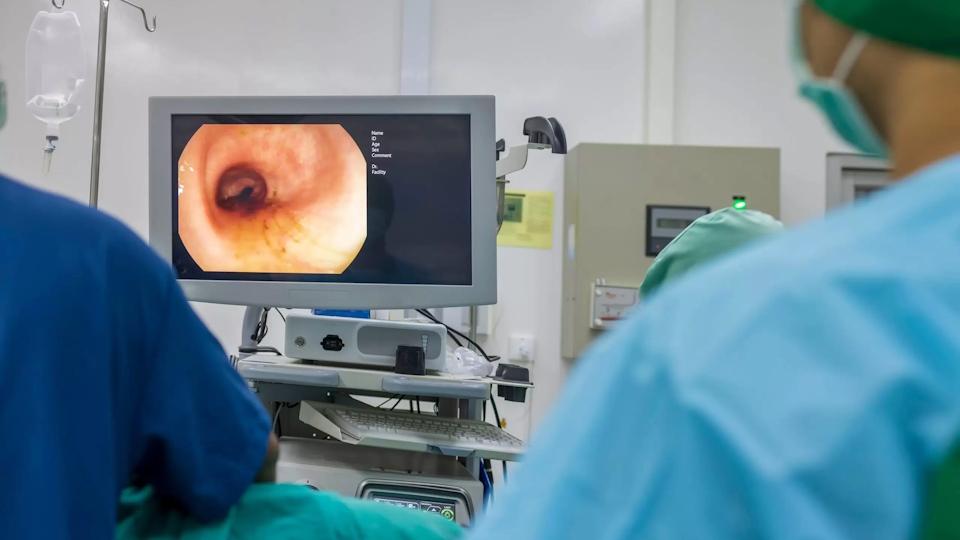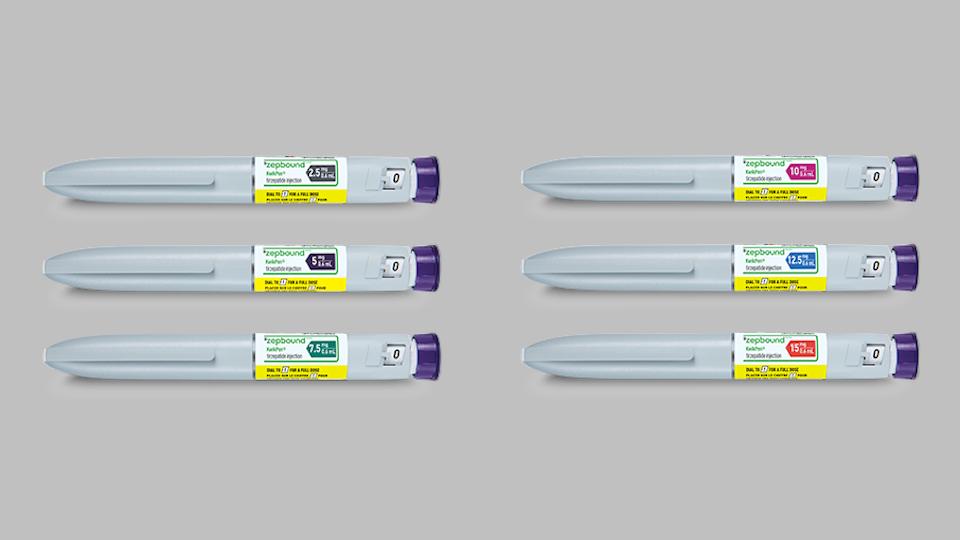AI improves adenoma detection in colonoscopies

An artificial intelligence-powered computer-aided detection (CAD) system developed by Israeli medtech company Magentiq-Eye has been shown to improve detection rates for adenoma - premalignant lesions that can develop into cancer - in a colonoscopy clinical trial.
The study of the Magentiq-Colo software, which was approved by the FDA last year, showed that AI-aided colonoscopy improved adenoma detection rates (ADR) by 7% and reduced the adenoma miss rate (AMR) by 17% compared to conventional colonoscopy.
It was carried out over a period of 14 months across 10 medical centres in Europe, the US, and Israel, and involved 31 endoscopists and 952 screened and enrolled patients
According to the authors of the study, which is published in The Lancet Digital Health journal, the results support the hypothesis that AI-supported CAD can improve the detection of adenomas that may not be picked up during a regular colonoscopy.
That’s important, as an increased ADR is thought to have a strong correlation with a reduction in colorectal cancer rates and patient mortality, according to Magentiq-Eye. Colorectal cancer is the third-leading cause of cancer-related deaths in the US, and there are around 107,000 new cases of the disease every year.
“Colonoscopy is the gold standard for early detection and removal of premalignant colorectal polyps. However, a substantial number of polyps are missed during colonoscopy,” write the authors, led by Michiel Maas of Radboud University Medical Centre in the Netherlands.
Prior studies have suggested as many as one in four adenomas may not be picked up during tandem colonoscopies, the standard approach in which two procedures are performed sequentially to minimise the risk of lesions being missed.
“Our study is in concordance with recent studies on the efficacy of other CAD systems in improving ADR in screening and surveillance colonoscopy populations,” according to the authors, although they note that “future studies should shift towards the effect of CAD on long-term outcomes, including incidence of post-colonoscopy colorectal cancer, and colorectal cancer-related and overall mortality.”
Although colonoscopy has become the standard of care in most developed countries, with 15 to 20 million procedures performed annually in the US alone, failure to detect premalignant lesions means that even patients who are regularly screened are still at risk of developing colorectal cancer, said Magentiq-Eye in a statement.
A missed polyp can lead to interval cancer, which accounts for approximately 8% to 10% of all CRC in the US and translates to over 13,500 cancer cases that could be prevented every year with better detection, added the company.
“It is important to note that measuring changes in both ADR and AMR in a single study is a novelty,” commented Magentiq-Eye’s founder and chief executive, Dror Zur.
“In addition to FDA approval that we received last year, this milestone is a testament to the impact of Magentiq-COLO in advancing the quality of colonoscopy and setting new healthcare standards in order to save more and more lives,” he added. The software has also been approved in Europe and Israel.
Other companies operating in this category include Cosmo Artificial Intelligence, whose GI Genius became the first FDA-approved AI-powered colonoscopy software in 2021, as well as Iterative Scopes’ Skout and Wilson AI’s EndoScreener, which have also been cleared in the US.












